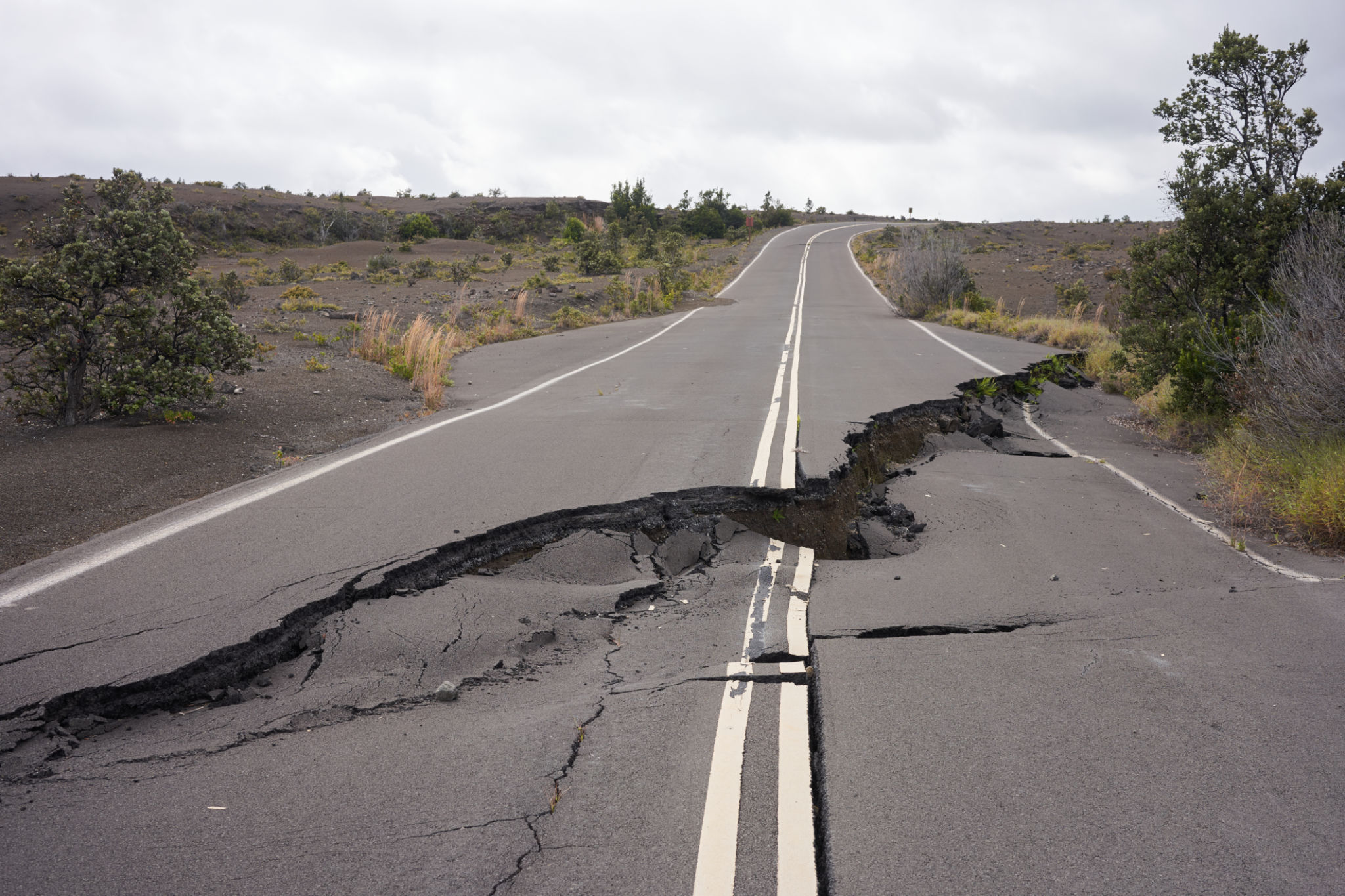Building Driveways in Hawaii: Essential Machinery and Tips
Understanding the Basics of Driveway Construction in Hawaii
Building driveways in Hawaii presents unique challenges and opportunities. The state's diverse terrain, ranging from sandy beaches to volcanic rock, requires specialized knowledge and equipment. Whether you're constructing a driveway for a private residence or a commercial property, understanding the essentials is crucial for success.

Choosing the Right Materials
One of the first steps in driveway construction is selecting appropriate materials. In Hawaii, concrete and asphalt are popular choices due to their durability and ability to withstand the tropical climate. However, eco-friendly options like permeable pavers are gaining traction as they help manage stormwater runoff effectively.
Consider the aesthetics and functionality of each material. While concrete offers a clean, modern look, asphalt provides a classic appeal. Both options need to be able to resist the effects of Hawaii's salty air and frequent rain.
Essential Machinery for the Job
The right machinery is vital for efficient and effective driveway construction. Here are some key pieces of equipment:
- Excavators: Necessary for clearing and preparing the site, especially in areas with rocky or uneven terrain.
- Paving Machines: Essential for laying asphalt or concrete smoothly and evenly.
- Compactors: Used to ensure a stable base and reduce future settling or cracking.
Contractors often face challenges in transporting heavy machinery across islands, so planning logistics in advance is important.

Tips for Successful Driveway Construction
Constructing a driveway that stands the test of time requires careful planning and execution. Here are some expert tips:
Site Preparation
A well-prepared site is the foundation of any successful driveway project. Begin by removing any vegetation, rocks, or debris from the area. It's crucial to level the ground and establish a solid base layer to support your chosen material.
In areas prone to erosion or flooding, consider additional drainage solutions to protect your investment. Proper grading will ensure water flows away from the driveway, preventing damage over time.

Climate Considerations
Hawaii's climate plays a significant role in driveway construction. The combination of high humidity, rainfall, and salt exposure requires materials that can withstand these conditions. Regular maintenance, such as sealing asphalt or applying protective coatings to concrete, can extend the life of your driveway.
Additionally, consider the orientation and exposure of your driveway. Areas that receive direct sunlight may require special attention to prevent heat-related damage.
Sustainable Practices
As environmental awareness grows, incorporating sustainable practices into driveway construction is becoming increasingly important. Opt for recycled materials where possible and explore green technologies that minimize environmental impact.
Using permeable materials not only helps manage stormwater but also reduces heat absorption, making them an eco-friendly choice for Hawaii's climate.
Conclusion
Building driveways in Hawaii requires a thoughtful approach that considers local conditions, material selection, and sustainable practices. By equipping yourself with the right machinery and following expert tips, you can create a driveway that enhances both the aesthetic appeal and functionality of your property. Remember, a well-constructed driveway is an investment that pays off in durability and curb appeal.